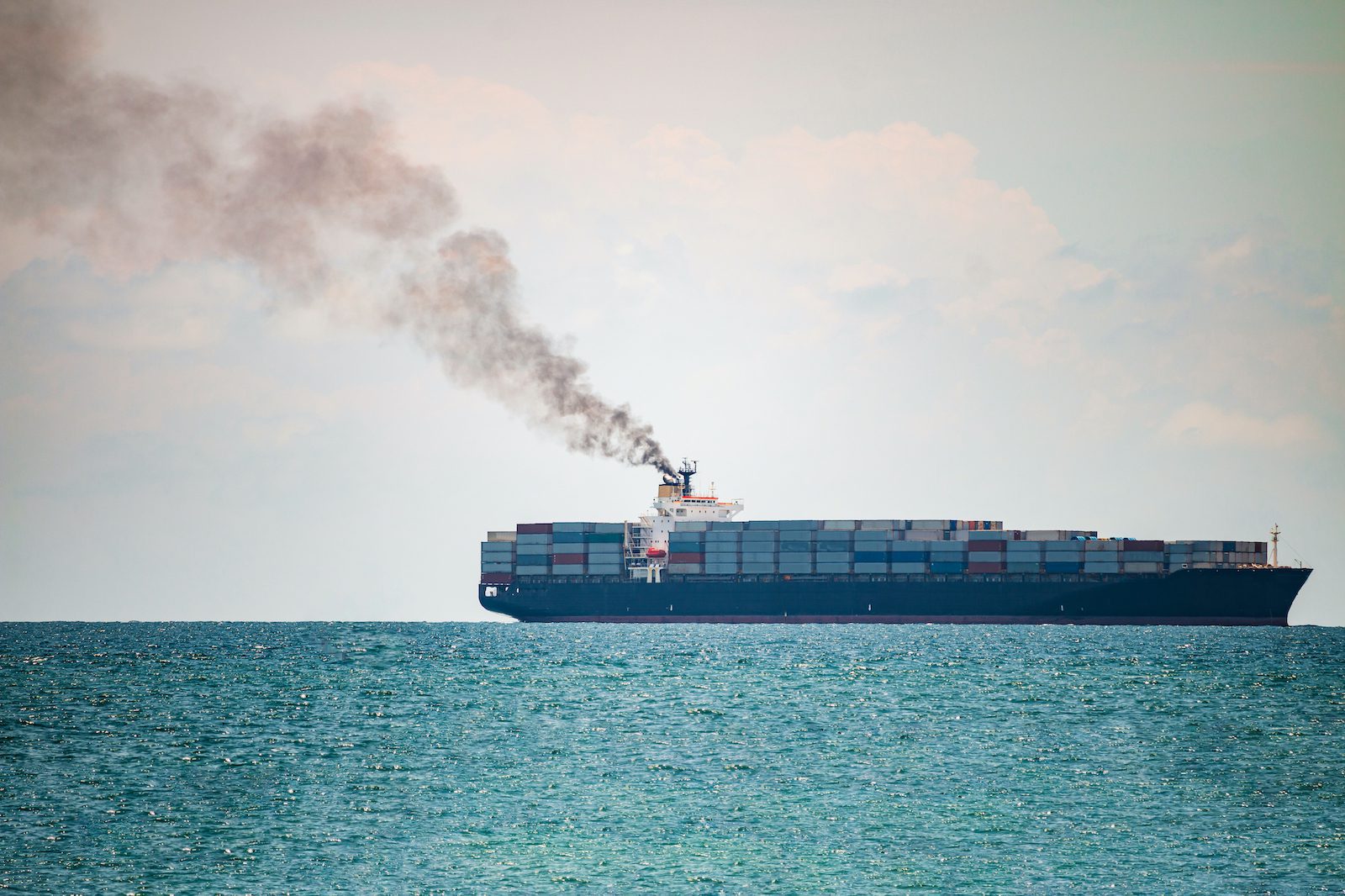Navigating the Waters: Challenges and Opportunities Ahead for Shipping Companies in the EU
Key Ideas
- FuelEU Maritime regulation in the EU targets a phased reduction in greenhouse gas intensity for vessels over 5,000 gross tons, with a goal of 80% reduction by 2050.
- Industry praises the regulation's technology-neutral framework, offering options like biofuels, LNG, methanol, ammonia, and hydrogen for compliance.
- Challenges include high costs, fuel availability concerns, and workforce readiness for handling alternative fuels like ammonia and hydrogen.
- Shipping companies face rising compliance costs as regulations like EU ETS and FuelEU Maritime come into effect, prompting a shift towards long-term decarbonization investments.
The European Union's FuelEU Maritime regulation, effective from January 1, 2025, mandates a phased reduction in greenhouse gas intensity for vessels over 5,000 gross tons, aiming for an 80% reduction by 2050. This regulation covers all vessels calling at EU ports, requiring compliance regardless of flag or nationality. The industry, responsible for nearly 3% of global emissions, sees this as a crucial step in the EU's Fit for 55 initiative to cut emissions by 55% by 2030.
FuelEU Maritime offers shipowners flexibility in choosing compliance paths, including options like biofuels, LNG, methanol, ammonia, and hydrogen. However, challenges like high costs, fuel availability, and workforce readiness pose barriers to widespread adoption. Industry bodies like BIMCO are introducing clauses to assist shipowners in navigating the regulatory shift.
As the industry faces increasing compliance costs, companies are evaluating emission surcharges and preparing for a significant rise in costs as regulations are phased in. While the EU ETS offers a cheaper compliance route for now, operators are urged to focus on long-term decarbonization investments.
Despite challenges, FuelEU Maritime signifies a pivotal move towards decarbonizing the shipping industry. The regulation empowers operators to innovate, with early adopters finding opportunities for competitive advantage. With the 2025 deadline approaching, the industry is set on a green transition path, embracing technologies like biofuels, LNG, and hydrogen to drive sustainability.
